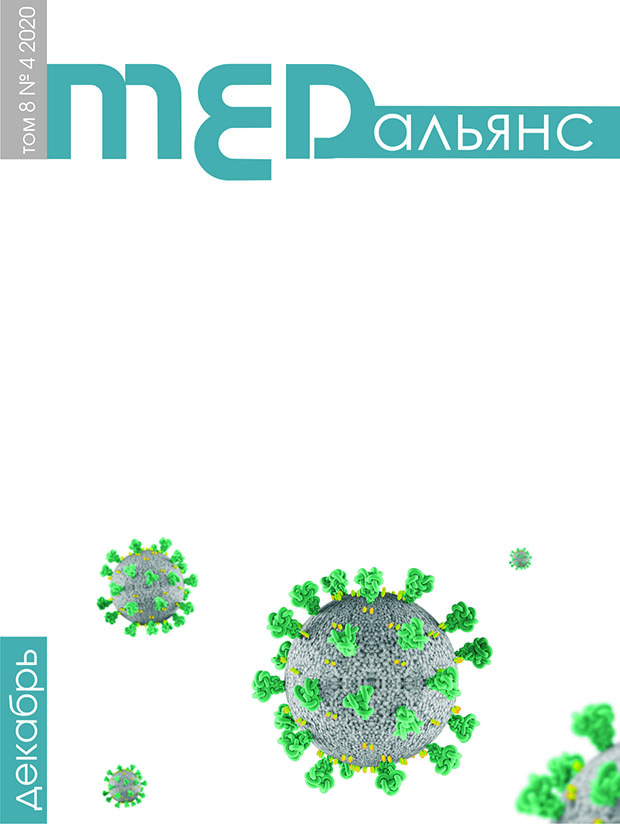Abstract
Tuberculosis is one of the most common comorbidities in people living with HIV. Immunodeficiency caused by HIV contributes to the development of tuberculosis or aggravates the existing disease. At the same time, TB on the background of a pronounced immunodeficiency caused by HIV is more severe than in immunocompetent patients, since immunosuppression is a favorable background for the development of severe forms of tuberculosis. The most severe forms of tuberculosis in HIV infection include lesions of the central nervous system (CNS). This review is aimed to briefly summarize the studies of HIV-associated tuberculosis with CNS involvement, its clinical manifestations, complications, including those associated with the immune reconstitution inflammatory syndrome, differential diagnostics with other HIV-associated lesions of the central nervous system, methods of laboratory diagnostics, and specifics of tuberculosis treatment in cases of high viral load. The study of possible influence of the genotype of the infecting Mycobacterium tuberculosis strains on the course and outcome of the disease is an important area for future research.

